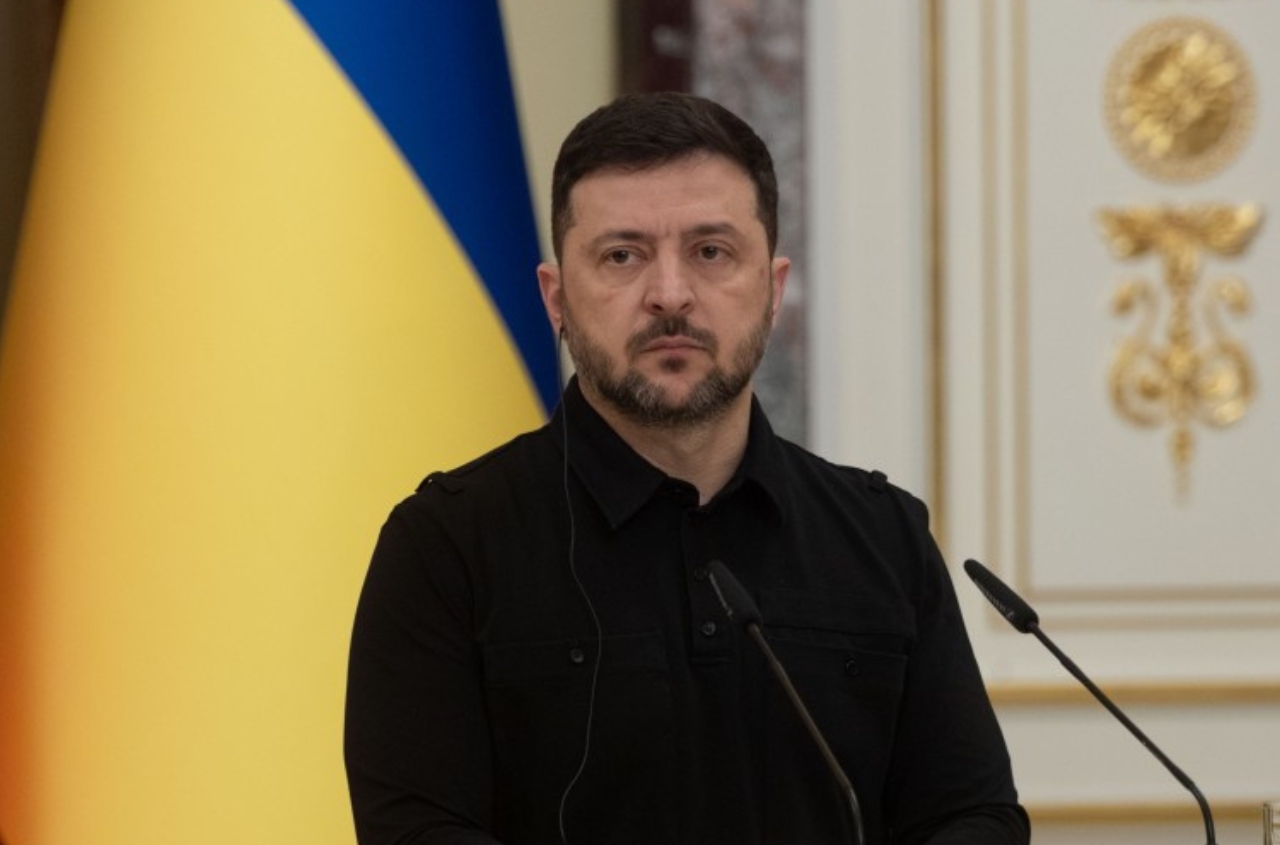In the first quarter of 2025, wage growth for new hires in Russia slowed to just 2.2%—half the rate recorded during the same period last year. This stagnation signals deepening strain in the Russian labor market amid continued economic militarization.
Real income growth remains confined to a narrow segment—primarily sectors linked to defense contracts and import substitution. In the rest of the economy, particularly in the public sector and among pensioners, incomes are only indexed to inflation, effectively freezing purchasing power and suppressing consumer demand.
A structural labor shortage continues to prevent a sharp drop in wages but offers no guarantee of sustainable growth. Russia’s current economic model—dependent on centralized state funding and operating under heavy international sanctions—is showing signs of depletion.
Amid this backdrop, Russian companies are being forced to revise their staffing policies. Many are reducing wages, enforcing mandatory unpaid leave, or reassigning employees to lower-paid positions. One notable example is Rostselmash, Russia’s largest agricultural machinery manufacturer and a designated strategic enterprise, which placed 15,000 workers on unscheduled leave.
Should revenues from energy exports decline or reserves diminish significantly, the Kremlin may find it impossible to maintain the illusion of economic stability. The current superficial calm in the labor market conceals systemic degradation.
Moscow may temporarily retain control due to wartime mobilization, but Russia is steadily advancing toward a full-fledged socio-economic crisis.



















